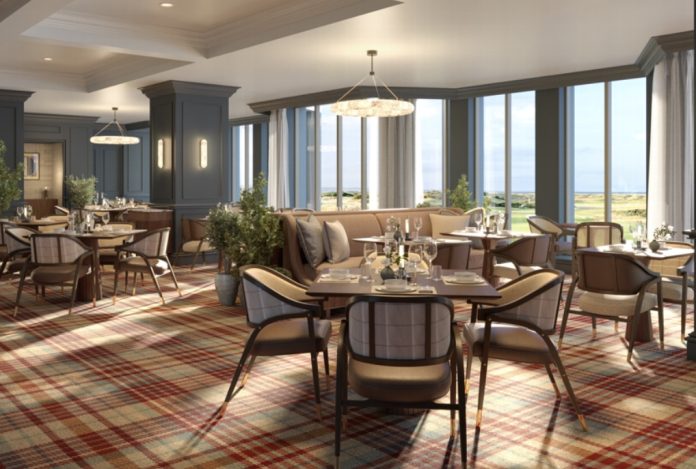Luxury and mid-market hotels across the UK reported stronger occupancy, room rates and profits in August compared to the same month last year, while budget hotels saw a drop across all key metrics, according to the latest RSM Hotels Tracker: Focus on Asset Classes.
The data, compiled by Hotstats and analysed by RSM UK, shows that average room rates for luxury hotels rose year-on-year from £380.30 to £405.18. Mid-market rates also increased from £136.33 to £141.57. In contrast, the average rate for budget hotels fell from £103.94 to £98.21.
Occupancy followed a similar pattern, with luxury hotels edging up from 76.1% to 76.9%, and mid-market from 82.4% to 83.6%. Budget hotels, however, saw a decline from 79.8% to 78.6%.
Gross operating profit per available room also improved for both luxury and mid-market hotels, rising from £147.23 to £157.67 and from £55.18 to £58.66 respectively. The budget segment declined from £40.06 to £37.24.
Chris Tate, partner and head of hotels at RSM UK, said, “While luxury and mid market hotels continue to power ahead with a rise in demand and profits, as consumers trade up their hotel choice, budget hotels are being left behind. They already operate on lower margins, which are being squeezed even further as costs rise and consumers splash out on more premium experiences, resulting in a double whammy. It’s encouraging to see people are still prioritising travel and hotel stays, but there are clear winners and losers in the hotel market.
“Despite an increasing supply of luxury hotels, this continues to be absorbed, as demand doesn’t seem to be plateauing. But with a pipeline of luxury hotels still under construction, it’s likely this will become a more saturated space. The arrival of new, high-spec luxury hotels means existing ones must work harder to maintain relevance and appeal in an increasingly competitive landscape.”
Robyn Duffy, consumer markets senior analyst at RSM UK, said, “Global luxury spending has undergone a clear shift in 2025. The post-pandemic boom in luxury goods is giving way to a preference for high-end travel and experience-led purchases. Economic uncertainty and rising prices across major luxury goods, exacerbated by tariffs, are prompting affluent consumers to trade handbags for holidays, redirecting spend from products to experiences. Luxury hotels, first-class airfares and “once-in-a-lifetime” travel are all benefitting from this reallocation of spend.”


